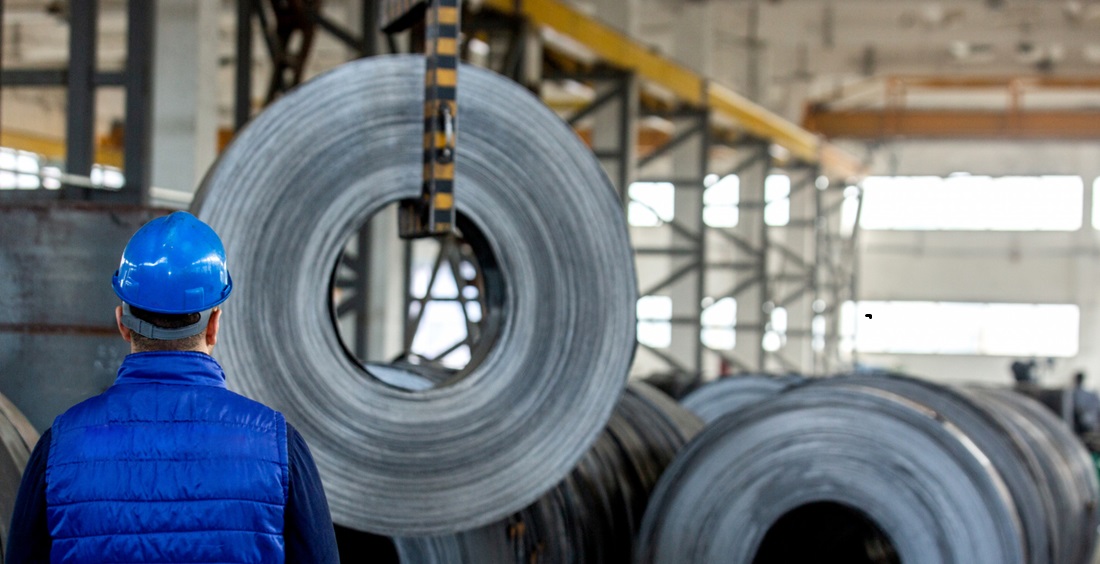
Brazil’s Steel Imports Slow Down Following Government Tariff Hike
Aug, 12, 2024 Posted by Gabriel MalheirosWeek 202432
The surge in steel imports to Brazil, particularly from China, which hiked 50% between 2022 and 2023, is beginning to hit the brakes after the government raised tariffs on these imports. For nearly a year, the steel industry worked with the federal government to develop alternatives, and in June, the new measures took effect. While it’s still too early to fully assess the impact, the industry reports a 23% drop in import volumes between May and June, with a projected decrease of 7% for the full year of 2024 compared to the previous year.
This projection was presented by the Brazil Steel Institute during the 34th Steel Congress, which brought together top industry leaders in São Paulo last week. “The free-for-all that we saw throughout 2023, where anything and everything could enter the country with predatory practices, is over thanks to the [new] system,” said Marco Polo de Mello, Executive President of the Brazil Steel Institute, during the event.
Industries argue that, with subsidies from the Chinese government, Asian steel had been entering Brazil at prices below the production costs of Brazilian steelmakers. They requested an increase in taxes on 18 out of nearly 300 steel-based products in Brazil. The government responded by imposing a 25% tax on 11 products, which is applied when imports exceed 30% of the average from 2020 to 2022.
The following chart builds on DataLiner-derived data to show the progression of steel imports from China registered at Brazilian maritime ports between January 2021 and June 2024.
Steel Imports from China | Jan 2021 – Jun 2024 | TEUs
Source: DataLiner (click here to request a demo)
The challenges of recent years led some of Brazil’s largest steelmakers to announce shutdowns and layoffs. However, according to Mello, this issue is now off the table. “We’ve told the government that we will stop the plant shutdowns, except for one or two that were already in the planning stages,” he said. According to Mello, Brazil is operating at around 67% of its steel production capacity, a slight improvement from the previous situation.
Some suspended projects, such as Gerdau’s plant in Barão de Cocais in central Minas Gerais, are unrelated to the Chinese import issue and remain on hold. According to the company, the suspension of operations at this plant, its first in Minas Gerais, was due to production optimization, with resources redirected to more productive facilities, like the one in Divinópolis.
Overall, the steel sector projects an investment of around R$100 billion in Brazil from 2023 to 2028. However, the plan’s success hinges on the effectiveness of the increased tariffs on imports, cautioned the newly appointed Chairman of the Board of the Brazil Steel Institute, Sergio Leite. “The risk is if this system doesn’t deliver the results that companies used to make their projections.”
The measure announced by the government in April and implemented in June will initially last for one year. However, the industry hopes that the government will extend it if necessary.
Source: O Tempo
Click here to access the original news report: https://www.otempo.com.br/economia/2024/8/6/importacoes-de-aco-caem-23–apos-medida-contra-china—farra-do-
-
Shipping
Dec, 11, 2019
0
ANTAQ holds public hearing on revision of NR 18/2017
-
Grains
Nov, 10, 2022
0
Corn: shipments line-up show 5.144 mln t in exports in November
-
Automotive
Oct, 31, 2019
0
Fiat Chrysler and Peugeot set the course for creation of 4th largest automaker in the world
-
Steel and Aluminium
Aug, 09, 2022
0
Brazil’s ferrous scrap exports reach in July lowest point since 2007



